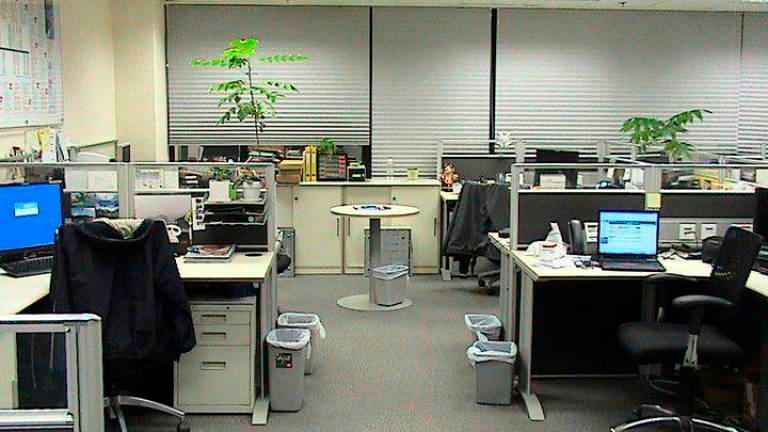PETALING JAYA: For better or worse, it is time to go back to work at the office.
However, any assumption that things will return to pre-Covid-19 days is misplaced.
While some look forward to the camaradarie that is possible only at the workplace, others have become so used to the work-at-home (WFH) practice that they no longer want to clock in to their cubicle.
In the meantime, employers must also realise that the world has changed, and they will have to make adjustments.
One person who is happy to be going back to work at the office is 28-year-old Afiqah Aqilah Kamaruddin.
“Having to work from home for almost two years has been the most depressing experience,” she told theSun.
As finance officer, she has to continuously refer to old data and that meant transferring a lot of files into her laptop.
“The process takes time, uses up a lot of energy and it has taken up a lot of space in my laptop,” she said.
Afiqah said she is also working longer hours. Sometimes, my team leader would call for a meeting at 7pm, and most days I don’t finish work before 8pm,” she added.
For her, returning to the office would be a relief.
On the other hand, Nabilah Fuad, 30, has grown comfortable with the WFH practice. She now has an eight-month-old son to watch, so working from home is an advantage.
As a data analyst at a local research company, there is little need for her to be at the office all the time, anyway.
“My husband works offshore, so he is seldom home. It is up to me to take care of our baby,” Nabilah told theSun.
Given the Covid-19 pandemic now, she is also wary about sending her son to a daycare centre. Just like any mother, she would not entertain the thought of putting her son in a situation where he could get infected.
Nabilah said she also saves on food and transport costs by working from home.
Fortunately for her, the company has agreed to allow her to continue working from home although the order for all employees to return to the office has been issued.
Human resource administrator Nur Hidayah Zoolkapli, 31, agrees that the current situation calls for some flexibility.
“At the end of the day, we need every employee to be fully productive, and the company must understand that if the staff can get things done efficiently from home, he should be given that option,” she told theSun.
Nur Hidayah said there are three options for employers – require all employees to resume work at the office, allow then to continue working from home or have a hybrid of both.
“Whatever they decide on, it is the level of productivity that matters,” she said.
She said companies may, in the end, be forced to be flexible to retain the good employees.
However, Nur Hidayah also warned that with the resumption of operations at the office, new problems could emerge, and on top of the list is time management.
“Some people may have become so used to working remotely that they will find it difficult to clock in at the stipulated hour,” she said.
She said some employees may also have trouble observing the code of conduct set by their employers.
“For instance, some may turn up with improper outfits. While many companies prioritise results over appearance, in some businesses, dressing up properly for work is still a must,” she pointed out.
Finally, she said, employers should consider reinstating full salary for their employees if they are required to return to work at the office.
“Perhaps they should also consider new benefits such as medical coverage for Covid-19 infection,” Nur Hidayah added.














